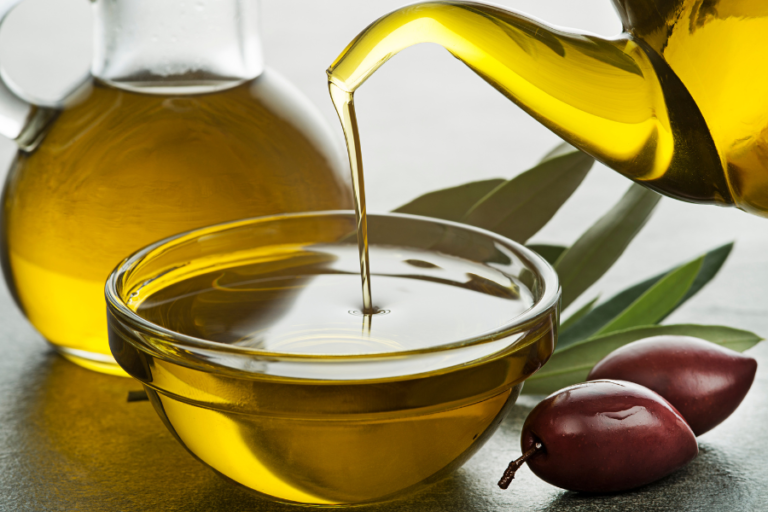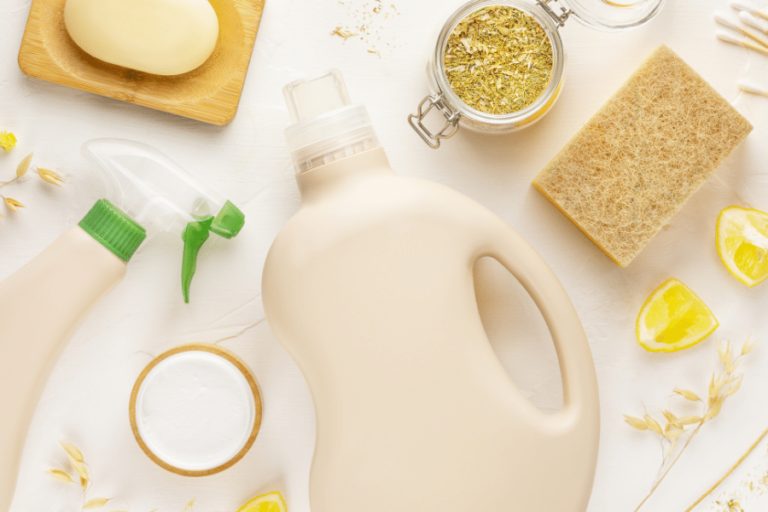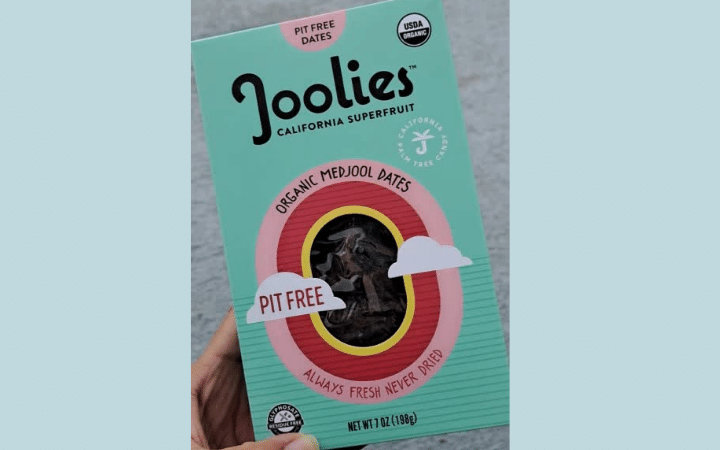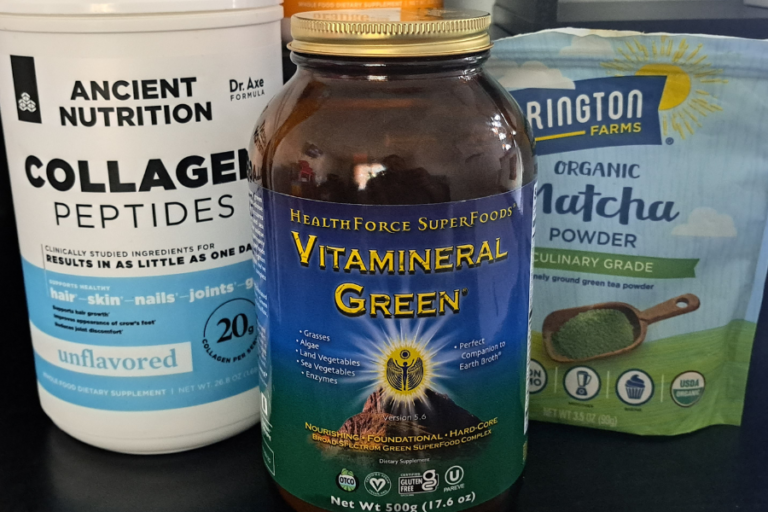What does USDA Certified Organic mean?

If you’re looking for healthy food for your family, purchasing products with the USDA Certified Organic seal can be a great choice. The USDA Certified Organic label ensures that the food has been produced without the use of chemical pesticides and fertilizers.
What does USDA Certified Organic mean?
Before we begin, it is important to note that the USDA does not regulate the term “organic.”
If you see a product labeled “USDA Certified Organic,” it means that it has been verified as meeting these standards by an accredited certifying agent—so you can trust that certified organic products are produced without synthetic fertilizers or pesticides; no genetically modified organisms (GMOs); and no toxic persistent chemicals like DDT which were used in agricultural practices before they were banned in 1972; among other requirements listed on the NOP website.
Animals kept for meat or dairy must be raised without antibiotics, growth hormones, or animal byproducts.
Certified organic products have to meet strict standards set forth by the National Organic Program (NOP) in order to use this label on their product packaging.
Organic food is produced by farmers who emphasize the use of renewable resources, sustainable farming practices, and fair labor standards.
Related Content: How do you know if a cleaning product is safe?
By law, organic meat, poultry, and eggs must come from animals that are given no antibiotics or growth hormones. The feed for organic livestock must be 100% organic and grown without pesticides or fertilizers made with synthetic ingredients. Organic products cannot be processed using ionizing radiation to preserve flavor or freshness; nor can they contain artificial flavors or preservatives. They also cannot be genetically engineered.
Other Organic Product Labels
There are other types of organic labels, but it’s important to note that other labels aren’t the same as USDA Certified Organic.
Other things you may find on a product label include: “Made with organic ingredients,” “Partially produced with organic ingredients” (less than 70 percent), “Not produced with bioengineered ingredients,” or other source verification labels such as Demeter International’s Biodynamic certification stamps (for products grown according to specific criteria).
The Process for Becoming a Certified Organic Producer
The USDA has five steps for becoming certified organic:
- Plan and prepare your operation to meet the standards. This is where you will develop a plan for crop rotation, soil fertility, pest control, record keeping, farm waste management, animal welfare, and more. These plans are reviewed by your certifying agent/inspector.
- Develop an annual production plan that includes crop rotations, tillage systems (if used), harvest methods, and storage facilities for crops produced in accordance with this part. This is also the time when farmers create their own fertilization plan depending on soil types on their farm or what they’re growing in order to maintain soil health over time by adding nutrients back into the ground instead of taking them out through conventional farming practices like tilling or chemical fertilizers.
Buying products that are certified organic will ensure that your food is grown without the use of synthetic fertilizers or pesticides.
Buying products that are certified organic will ensure that your food is grown without the use of synthetic fertilizers or pesticides. The USDA sets standards for what it means to be a certified organic product, including:
- Products must be grown without the use of pesticides, synthetic fertilizers, and genetically modified organisms (GMOs).
- Products must use natural methods to control pests. This includes planting cover crops that naturally attract beneficial insects to eat harmful ones like aphids.
- Animals cannot be given antibiotics or growth hormones in order for them to grow faster, which increases their risk of becoming sick due to poor animal health care practices.
Conclusion
Hopefully, this has given you a better understanding of what USDA Certified Organic means. Keep in mind, just because a product is certified organic doesn’t mean it’s good for you. But, when choosing products that are natural and safe, it’s often better if it is certified organic. You can feel positive knowing your purchase is free from chemicals of concern.





